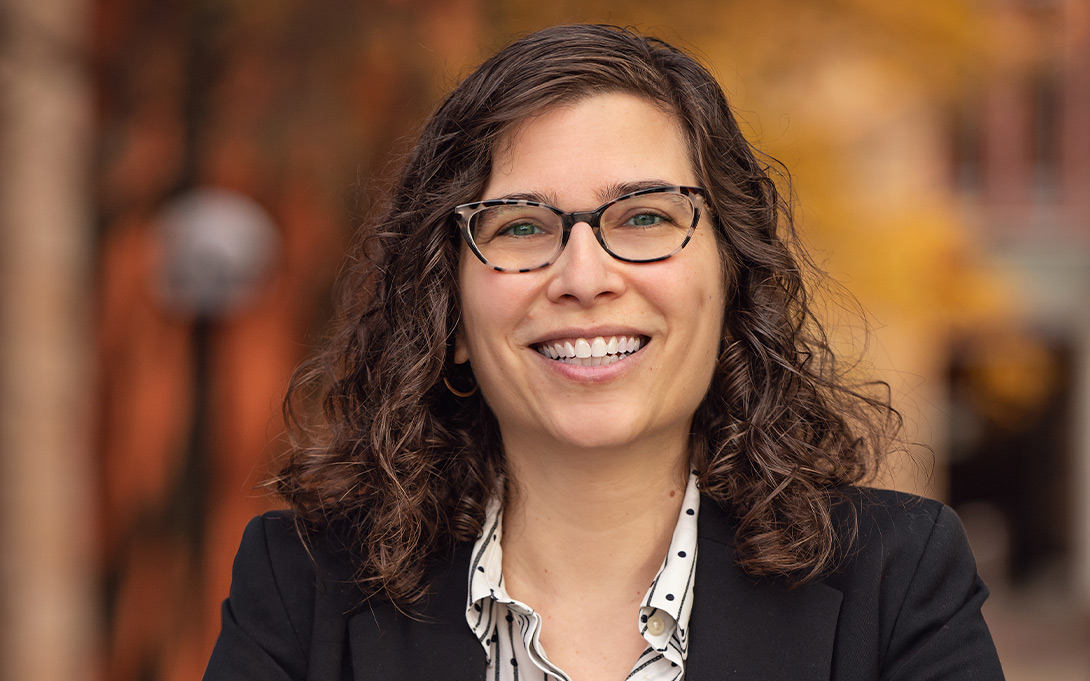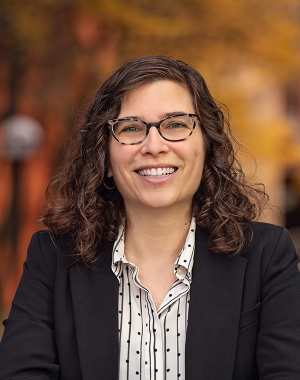
“One thing that’s different from a lot of these earlier kinds of surveillance technologies is the way that the data travels so far beyond the school where it’s coming from,” Kleinman said in an interview.
“The student data in these databases is impossible to get back out again. So while they’re still children, their biometric information is held by companies they have no contact with, they have no agreement with,” she said. “And that can follow them around for the rest of their lives. That’s pretty scary stuff.”
What’s more, the systems that are designed to keep people safe often make them feel less safe, Kleinman added. Students in schools with metal detectors, for example, feel less safe than students where there are none. When schools add police officers, parents who are not in the country legally try to avoid the school, Kleinman said. “They don’t come to meet with the teachers. They don’t come to school events. And we know that parental involvement is one of the indicators of student success.”
Research has shown that facial recognition is most accurate for white males, and less so for women or people with darker skin. That adds to the potential hazards of relying on it for school functions, Kleinman said.
For example, since the pandemic started, facial recognition technology has been used more frequently with standardized testing. A research assistant Kleinman worked with took a test to apply for graduate school.
But she couldn’t retrieve her results because a facial recognition tool designed to prevent cheating concluded her photo did not match the one on her ID. “This was a young woman of color, and it took a tremendous amount of effort” for her to rectify the situation, Kleinman said.
“Even though we’ve seen a dramatic increase in the use of facial recognition, there are still a lot of areas where it hasn’t gotten to yet. We can be doing things to regulate it,” she said. “We found that any potential benefits of facial recognition are dramatically outweighed by the harms. And it’s never too late to regulate it.”

